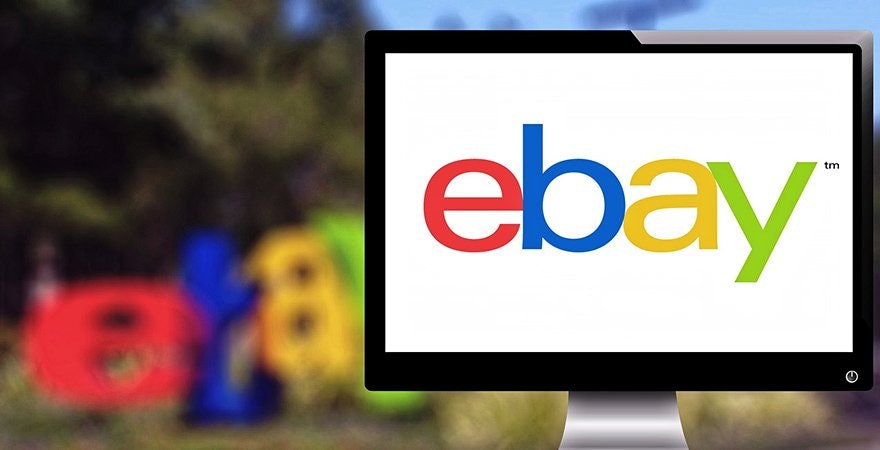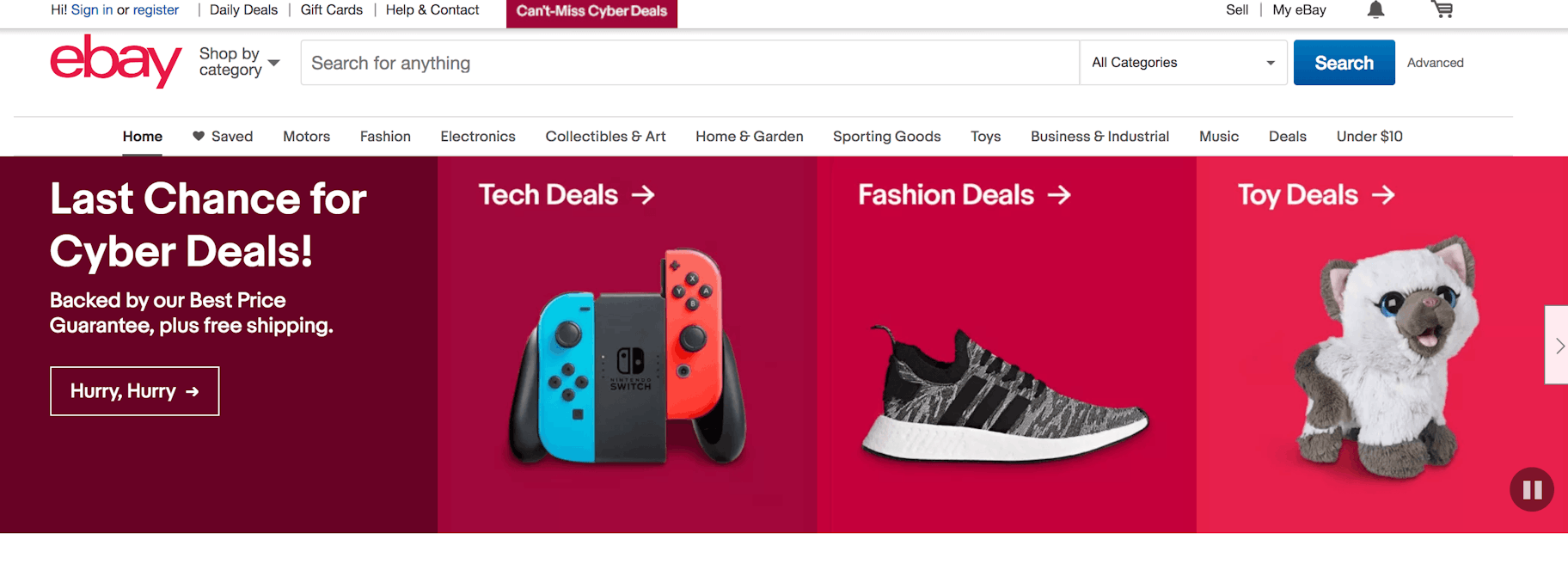Uncategorised
WHAT IS ECOMMERCE? EVERYTHING YOU NEED TO KNOW
Ecommerce has been around since 1994, when Phil Brandenberger purchased the first product online – ‘Ten Summoner’s Tales” by Sting. Fast forward to 2021, an estimated 27.2 percent of the world’s population shops online.
Stats like these just show that in less than 21 years, e-commerce has become an integral part of everyday life for people across the world.
In this article, we will look deeper into what is e-commerce. We will run through the history of e-commerce and share some important statistics. Furthermore, we will delve into e-commerce development, platforms, and business models to truly show the impact that it has had on the world to date.
What Is Ecommerce?
E-commerce — also known as electronic commerce, internet commerce, and online commerce — is a business model which involves transactions taking place on the internet. Stores that sell their products online are e-commerce stores or businesses.
For example, Amazon.com is one of the most popular online stores in the e-commerce industry.
Ecommerce should not be confused with e-business. Although sometimes used interchangeably, the terms are not synonymous. Ecommerce specifically indicates the transaction of goods and services, whereas e-business refers to all aspects of operating an internet business.
History of Ecommerce
The foundation for e-commerce was created in 1979 by Michael Aldrich. He connected his television to a computer using his telephone line. While it was unlike e-commerce as we know it today, his idea sparked the idea of shopping without visiting a physical store. At the time, most people didn’t own computers. Bill Gates and Steve Jobs popularized computers for the average person. Bill Gates even said that his goal was to put “a computer on every desk and in every home.” Without computers, eCommerce would be remarkably different.

In 1994, Jeff Bezos founded Amazon as an online store selling over one million different books at launch. Amazon would eventually go on to become the most popular online store for consumers to buy any type of product.
By the mid-1990s and early 2000s, people were adding computers to their homes and paving the way for the growth of e-commerce. Companies were accepting checks in the early to mid-1990s as there wasn’t an online payment gateway to transfer funds from customers to businesses. When PayPal was founded in December 1998, it simplified the shopping experience for customers as credit cards were easily accepted.
With the addition of Shopify, WordPress, and similar platforms in the 2000s, businesses could build their e-commerce stores with little to no development skills necessary. Thus the barrier of entry was lowered. Now anyone who had a computer connected to the internet, and a little capital in hand, could set up an e-commerce online store with very little difficulty.
By 2008, online sales made up 3.4 percent of all sales which shows industry growth. In 2014, it was estimated that there were around 12-24 million online stores worldwide.
Fast forward to 2021 and the knowledge gap is closing very quickly between beginners and more advanced e-commerce professionals. Thanks to the ever-increasing blogs and online resources, industry tips, tricks, and strategies are available at the click of a button.
Today, anyone can set up an e-commerce website and start seeing solid results from their efforts in less than six months.
Ecommerce Statistics

- It’s estimated that, by 2021, global e-commerce sales will reach $4.8 trillion, which makes e-commerce a growing and profitable industry to be in.
- Nearly 50% of consumers were found to shop more on mobile than in-store in 2018. As a result, store owners must ensure that their websites and ads are mobile-optimized to reach their target audience.
- Women tend to shop online more frequently than men. For every $10 spent online, women are spending $6 while men spend $4.
- Millennials, ages 18-34, tend to shop more online than older people. They are also the biggest group of digital buyers, representing 38.4% of online consumers…
What Is Ecommerce Business?

An e-commerce business is an organization or individual entity that seeks profits by offering goods or services over the internet. It allows consumers to buy quickly and choose from a range of payment methods to execute the e-commerce transaction. There are many different types of e-commerce businesses, based on the model you choose.
Popular Ecommerce Business Models
The beauty of e-commerce is that there are more options for you to choose from. Whereas in traditional commerce the business models were more restrictive. There are four widely known business models, but there are other niche models.
- B2B: The B2B commerce model, business to business, is when a business is selling to other businesses. Alibaba is an example of a B2-B business, as its suppliers sell to other businesses. Alibaba prices are extremely low as they’re wholesale prices to allow businesses to make a profit off of their products.
- B2C: The B2C model, business to consumer, involves businesses selling to consumers. If you decide to open your online retail store, you’ll likely be selling to customers instead of businesses. Amazon, Walmart, and Apple are examples of B2C businesses.
- C2C: The C2C model, consumer to consumer, is when consumers are selling to other consumers. Consumers typically do this through online selling sites like eBay, Craigslist, and Etsy. Many of the sellers on those sites aren’t businesses, but average consumers selling products they own whether second-hand or new.
- C2B: The C2B model, consumer to business, is when a consumer sells their products or services to a business or organization. This could be a photographer selling their photography to a business.
What Is an Ecommerce Website?
An e-commerce website is any website that sells a good or service on it. This type of website can adhere to any of the above e-commerce business models. Below we outline the common types of an e-commerce websites that you may find online to show just how broad e-commerce online stores can be.
Common Types of Ecommerce Websites
- Physical Goods Ecommerce Website: Retailers who have brick and mortar stores can host their store online to sell to a broader audience. This option is great for retailers who want to increase sales but not physical stores.
- Service-based Ecommerce Website: Freelancing, and pure online services, have become a huge trend recently with websites serving as a link between a service provider and their potential clients.
- Digital Products Ecommerce Website: Companies that sell digital products like software or video games don’t need physical stores to sell their products as it only involves the customer downloading the product.
- Dropshipping Ecommerce Website: Slightly different from physical goods stores, dropshipping is where merchants sell goods to customers on their online store but they don’t hold any inventory. Instead, they find a supplier to sell goods from, wait for customers to buy these products, and the supplier fulfills the order for them.
What Is an Ecommerce Platform?

An e-commerce platform is a software solution that allows businesses to create online stores. In these online stores, businesses can sell products or services to people across the world, utilizing delivery services to transport products to customers. Examples of e-commerce platforms include Shopify, BigCommerce, and Magento.
Shopify was founded in 2004 by Tobias Lutke, Daniel Weinand, and Scott Lake. In 2019, Shopify had over 1,000,000 businesses using its platform and contributed $183 billion to the global economy. Their platform allows store owners to install apps ranging from DSer’s dropshipping app to Hurrify’s Countdown Timer app. Shopify’s platform is considered the best e-commerce platform with a 10/10 rating.

E-Commerce Examples: Most Popular Ecommerce Sites
Amazon
Founded by Jeff Bezos, according to Alexa, Amazon has currently ranked the 14th most popular website worldwide, and 3rd in the United States.

Taobao
Taobao was founded by Jack Ma. Globally, it’s ranked 11. In China, it’s ranked 6th.

Tmall
Tmall was also founded by Jack Ma. It has a global ranking of 15 and a rank of 1 in China.

AliExpress
AliExpress was founded by Jack Ma. It’s currently ranked 40th in the world and 23rd in the United States according to Alexa.

eBay
eBay was founded by Pierre Omidyar. On Alexa, the e-commerce site is ranked 33 globally, and 9th in the US.
 Flipkart
Flipkart
Flipkart was founded by Binny Bansal and Sachin Bansal. Alexa has ranked 147 globally and 7th in India.

What Makes an Ecommerce Store Successful?
Running an e-commerce business is not easy. Just having a store and some stock to sell does not mean that people will flock in and buy your products. There are things you can do to try to ensure your store will be a success.
Focus on the User
With e-commerce, you can sell anything to anyone, but you must be careful to know what you need to do to make website visitors trust you enough to buy a product from you. Pick the right website theme, choose the right branding and tone of voice for your copy, and keep your focus on only one or two target audiences so you don’t get overwhelmed.
Test with Friends
Use your friends as your test subjects and have them run through the purchase steps to make sure everything flows perfectly. You don’t want the checkout process to be too long that people leave before they have placed an order.
Be Mobile Optimized
Make sure that users can purchase on mobile and tablet devices. With mobile commerce on the rise, optimizing your store for the small screen is paramount to being successful in your business.

Invest in SEO and PPC
SEO and PPC drive traffic to your store, so missing out on them will slow down your success. Find a good consultant or agency if you have the budget, or get started by learning about e-commerce SEO and applying relevant strategies to your store.
Research and Develop
Never be content with what you do; research new products and ways to sell them. You don’t need to restock your e-commerce store every month. Try to attract attention through innovative ways to grow your store more.
What Is Ecommerce Marketing?
Ecommerce marketing is a process that helps to drive sales for online stores, using mostly online platforms. This can include brand awareness campaigns, display advertising, discount QR codes, etc. Most marketing tactics come from traditional marketing strategies but are applied online.
The beauty of marketing for e-commerce is that you can learn almost anything online through webinars, blogs, and ebooks. This means that everyone can become successful through this type of marketing no matter their budget.
For example, you can advertise your products through Google Ads and social media websites. Also, you can set up promotional emails to get your products in front of additional audiences. Other e-commerce marketing examples include affiliate marketing, social media marketing, video marketing, and influencer marketing.

